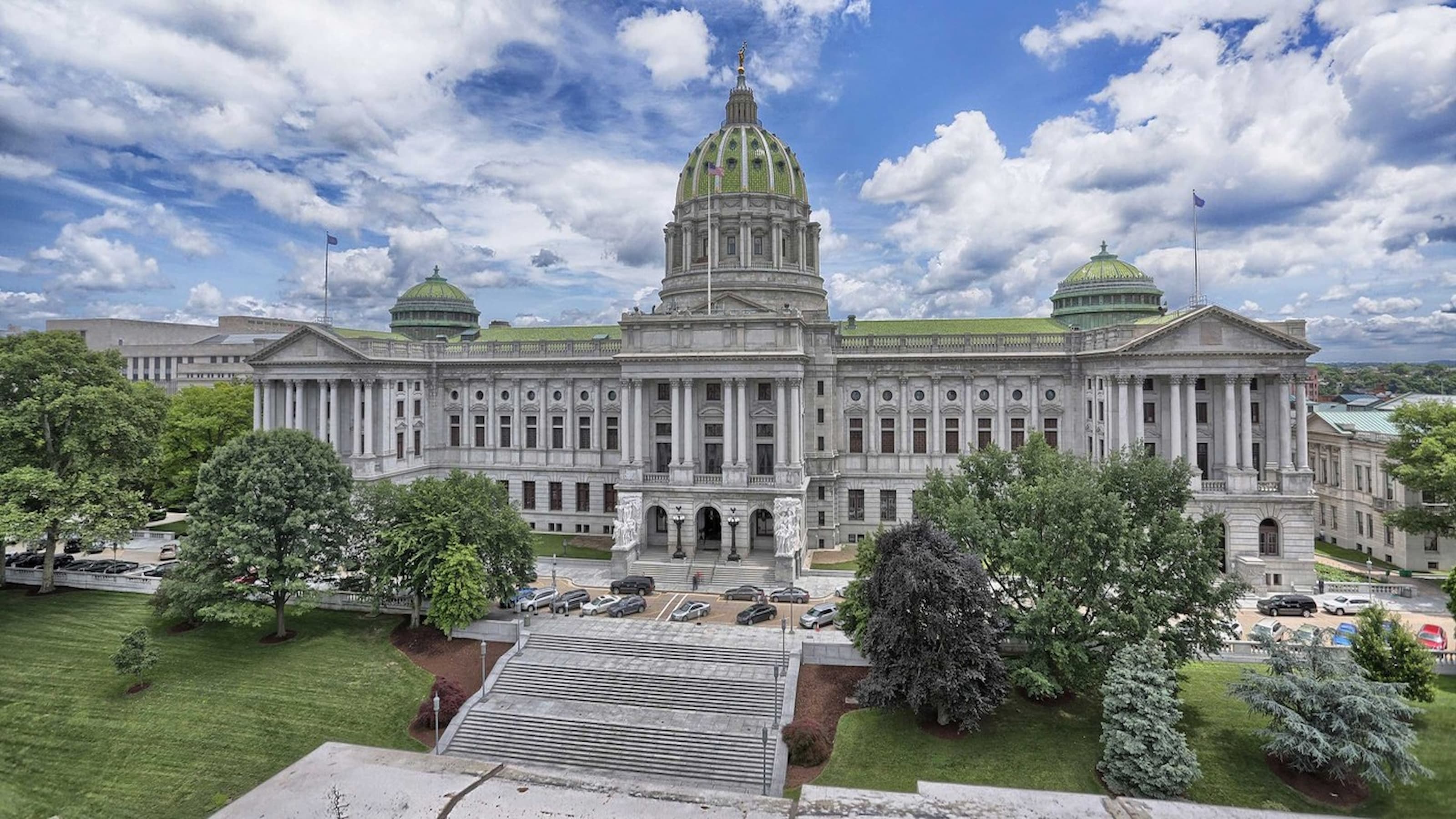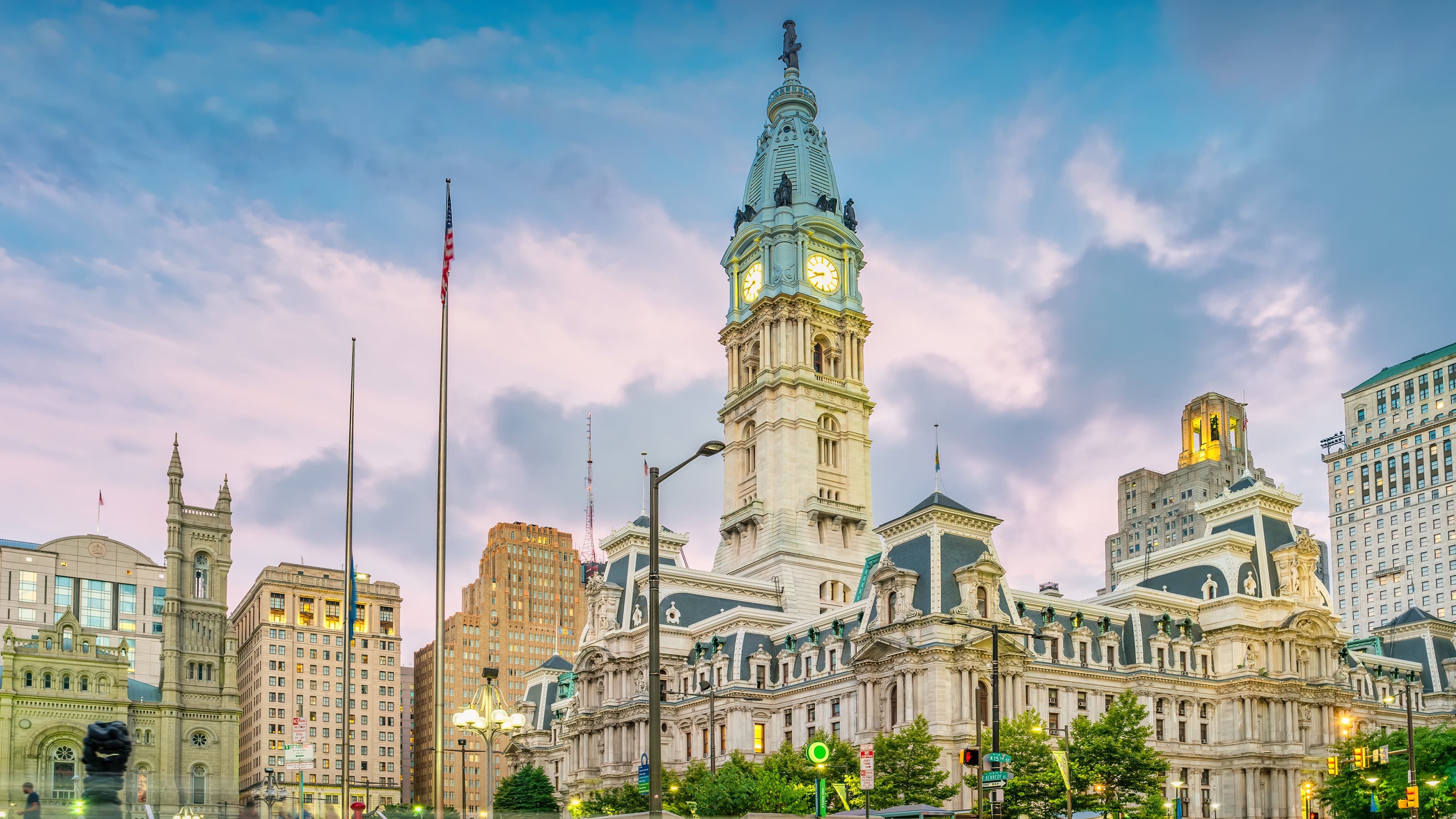Turkeys and Toys: Prepping for Holiday Shopping Amid a Strained Supply Chain
Haub faculty members suggest consumers start early and be flexible in their shopping this holiday season amid a supply chain strained by COVID-19.

Worried shoppers are already lamenting the possibility of sold-out turkeys and gifts that don’t make it to the mailbox in time to take their place under the Christmas tree. But experts say don’t panic.
Still, buyers will need to make some adjustments. The ongoing coronavirus pandemic has upended consumerism since March 2020, and the changes continue. Emergencies, such as weather events and natural disasters, lead consumers to panic buy and the supply chain hasn’t yet been able to adjust, says John Stanton, Ph.D., professor and chair of the food marketing department.
And, unfortunately, it isn’t likely that it will right itself before the holiday season.
“The interesting thing is that the efficiency that the supply chain once had before COVID-19 is a little bit of the cause here, because the planning models have become so accurate in terms of measuring demand,” Stanton says. “And then taking that potential demand, working it back up the supply chain so exactly the right amount of food is being sent to exactly the right stores. By consumers changing their buying habits — ‘stocking up’ — it’s thrown off all of these really accurate planning models.”
By consumers changing their buying habits — ‘stocking up’ — it’s thrown off all of these really accurate planning models.”
John Stanton, Ph.D.
Professor and Chair, Department of Food MarketingStanton insists that those cooking Thanksgiving, Christmas or other holiday dinners will need to be flexible in their choices. For example, consumers should be prepared to substitute canned yams for canned pumpkins for the pie they plan to bake.
Turkeys will be available in grocery stores, he says, though large ones that some families might prefer could be more difficult to come by.
Food prices will also increase by a few percentage points due to increased labor and transportation costs. Employees at factories, delivery drivers and supermarket clerks alike are demanding higher wages as “We’re hiring” signs hang on store marquees for months on end to no avail. Gas prices and inflation compound into a slightly higher price.
The same is true of other products, such as those we might buy as Christmas gifts, says Virginia Miori, Ph.D., professor and chair of the decision and system sciences department.
Because manufacturers have been short of workers and even closed facilities at various points amid the pandemic, there is a backlog of products that are, at this point, unmade.
Products being shipped to the United States from overseas are taking longer to arrive and, once they do, delivery services like the U.S. Postal Service, UPS and Federal Express are struggling to get them from retailers to customers on time.
“Everybody is recommending that you purchase your gifts early, because there's no guarantee that the systems are going to continue to work in a way that gets those to you in a timely fashion,” she says.
Miori adds that most, if not all, products are increasingly difficult to come by, but primarily, cars and electronics are scarce due to a shortage in the materials used to make them.
And though inflation is driving prices up, stores will still try to draw shoppers in with competitive sale prices.
Ahead of Black Friday — arguably the biggest shopping day of the year in the United States — Miori says brick and mortar stores are hoping to bring customers through the doors. At this point, however, it remains uncertain whether the day will be boom or bust for retailers. People’s discretionary spending and comfort level with being in crowds varies as the pandemic persists.
“The amount of stuff we have done virtually over time has increased by an insane amount during this period of time,” Miori observes. “The traditional Black Friday, where you get up at 6 a.m. and run over to Macy's to get their specials that only go until noon, I don't think any of us really knows how that's going to come out this year.”
The traditional Black Friday, where you get up at 6 a.m. and run over to Macy's to get their specials that only go until noon, I don't think any of us really knows how that's going to come out this year.
Virginia Miori, Ph.D.
Professor and Chair, Department of Decision and System SciencesMiori and Stanton offer tips for ways for shoppers to stay within their budgets and get mostly what they're looking for this holiday season. First, Stanton says, be flexible in your food shopping. Don’t hold out too long looking for exactly what you want, because it may not be available this year. Also, shop private label, store brands.
“These store brands are absolutely the equivalent quality of national brands,” Stanton points out.
And consumers should shop early for items that have a long shelf life, such as frozen or canned foods. Miori, too, suggests that consumers shop for the gifts they want early, especially when shopping online.
Miori also wants consumers to remember that “supply chain” isn’t just a buzzword. The supply chain is an eternal issue, beyond even the pandemic.
“It's unfortunate that COVID-19 is what's made the supply chain suddenly visible to people,” she says. “It is always at issue, whenever transportation services are employed, as fuel prices increase, product costs increase. The fact of the matter is, there is never a time when the supply chain won’t be impacted by disruptions such as natural disasters, weather patterns, raw material shortages and so on."



